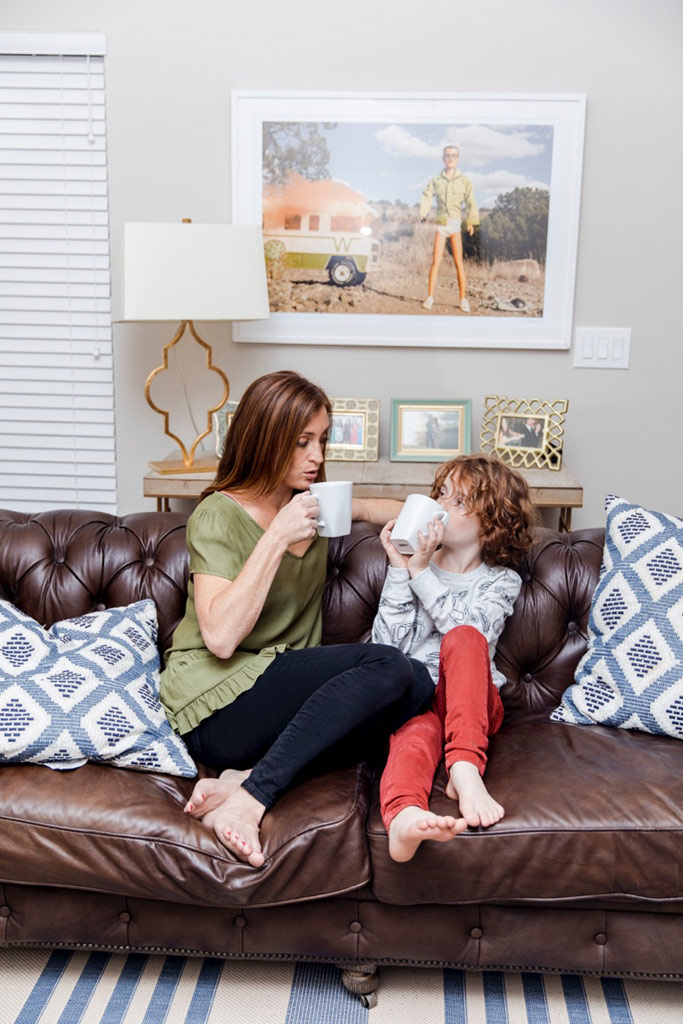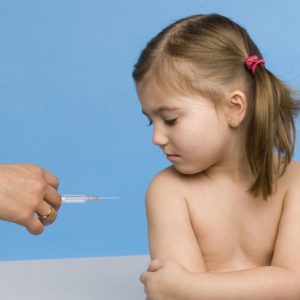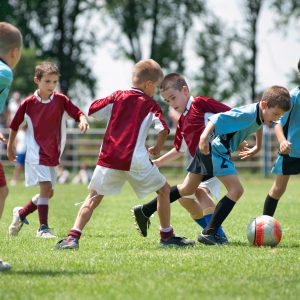
A Surprising Truth About Kids, Stress, and Alcohol
Being a parent is one of the most rewarding jobs, but it’s also one of the most challenging. We have to deal with our own daily stressors as well as help our offspring navigate this crazy world. Add a pandemic with no real end in sight to the mix, and you’ve got a pretty unique time for stress and anxiety. One of the most challenging parts of parenting involves teaching our children to cope with these daily stresses and anxiety. Today, I’m going to talk about how this task ultimately involves teaching our kids about alcohol.
Don’t worry! The talk doesn’t have to be complicated or even a big deal!
By keeping things simple and age appropriate, you can have real and honest conversations with your children starting early. Responsibility.org is an excellent resource for parents looking to navigate these waters. Their mission to not only challenge our own relationships with alcohol but the way we talk about it with our children is an important one.
A Surprising Truth About Stress and Alcohol
As the mommy blogging world has exploded, a new culture of wine memes and happy hour jokes has evolved. This culture makes the thought of “needing a drink” a fairly commonplace idea. And in this last pandemic year, the idea of self care and working on our mental health has really boomed. And that’s fantastic!
But before reaching for that wine glass, it is important to think about the message we send our children. By no means am I saying you shouldn’t enjoy a glass of wine after a long day!
As parents, we need to model healthy anxiety and stress coping skills and a healthy relationship with alcohol for our children. We also sometimes underestimate children’s understanding of what alcoholic beverages are and that adults sometimes use alcohol to unwind.
After a busy day of work and juggling the responsibilities of parenthood, many parents look to alcohol to unwind and de-stress.
However, research shows that alcohol consumption can actually compound the effects of stressors in the long run. So while a drink may provide a temporary relief, we could all benefit from learning to cope with stress in other ways.
When and How to Talk About Stress and Alcohol
Surprisingly, a person’s ability to problem solve is directly linked to how well they manage stress. As early as age 3, children can learn problem solving skills and emotional coping mechanisms that will carry into adulthood.
We can better equip our children to deal with day-to-day challenges and stresses without outside help, whether from us or from other sources, like alcohol. As parents, it is so important to ensure our children receive the right messages about stress management and responsible alcohol consumption.
Toddlers (ages 2-4)
Giving our children the groundwork to develop a healthy relationship with alcohol actually starts earlier than many would think. While you don’t need to start teaching your kids about alcohol this early, you can form a healthy foundation by teaching your toddler the problem-solving skills they will use for the rest of their lives.
As parents of toddlers, we tend to jump to fix every issue and take care of every need immediately. But I challenge you to let your toddler put on their own clothes and be responsible for carrying their own backpacks or finding their missing toys in order to build the coping skills they will need later in life when things get really stressful.
So the next time your toddler cries because he can’t get his shirt on, try not to jump to fix the problem for him. Instead, show him how to do it himself. Overcoming small challenges, though it seems trivial, actually builds important skills in problem solving and overall confidence – skills that will serve your child well in the future!
Early Elementary School Age (ages 4-7)
During this developmental stage, children are incredibly inquisitive and observant. You should continue laying the groundwork of healthy coping skills, but there is a good chance your children will ask to try your wine and want to know why they can’t around early elementary age. You will have an important opportunity to talk about alcohol in a way that is age appropriate.
Answer your child’s questions with simple answers, always teaching them about their body and making healthy decisions. Explain in simple terms that alcohol can make children really sick and that it is a drink for grown ups.
During this stage, it is very important to refrain from saying “Ugh, I need a glass of wine” or referring to alcohol as “Mom Juice.”
Our children are mini-mes, taking note of EVERYTHING we say and do. If we look to alcohol to relieve stress, they will notice.
It is important to send the right messages about handling stress and difficult days without needing a drink. Teaching your kids about alcohol doesn’t only refer to the words you speak directly but also your actions and your own relationship with alcohol, especially when you think they aren’t paying attention.
Late Elementary School Age (ages 8-9)
In my opinion, this developmental stage is the most important in creating open communication with your child about drinking. Be honest about what alcohol is and what it does to the body, especially to children.
Later elementary aged children, particularly 8-9 year olds, are sponges, soaking up everything around them! They are extremely motivated to learn and driven by facts. It is an important time to begin teaching your kids about alcohol, the effects on the body, and why it can be particularly dangerous for growing bodies.
Another reason this age is perfect for teaching kids about alcohol is because our children still adore us and hang on our every word. They still look to us for guidance in stressful situations.
As they move into the pre-teen years, our kids begin to challenge our ideas. They turn toward friends for advice regarding the social stressors in their lives. Starting early discussions about alcohol allows YOU to set the stage about peer pressure. And YOU can explain the dangers of drinking while your children are still open to what you have to say.
Pre-teen and beyond (ages 10+)
In today’s world of social media, children are exposed sooner and sooner to drinking, drugs, and sex. Establish a safe relationship with your child. You want them to feel secure coming to you with their problems, questions, and concerns. Reassure them that they can and should come to you with any questions or problems without the risk of punishment or judgment.
For pre-teens and teens, it is all about self growth and challenging ideas set before them. Your relationship with your child during this time frame will continue to evolve and and become challenging at times.
Make sure your kids know that no matter what obstacles they face, mistakes they make, or trouble they may be in, they can turn to you for help.
In addition to keeping an open dialogue and encouraging your older children to come to you with the tough questions, it is imperative that you monitor electronic devices.
You want your children to look to you, not the Internet, for answers to important questions. Make sure you monitor all social media accounts, know all passwords, and keep close supervision on any online activity.
Final Thoughts on Teaching Kids About Alcohol
My biggest tip for having real conversations about stress and alcohol with your kids is to lead by example!
I encourage all parents to be role models for your children. They watch you, they admire you, they emulate you, they adore you, and they want to be like you. You will mold them into the adults they will become and the parents they will be for their own children.
If you do drink, let your kids see you behaving responsibly with alcohol. Answer the tough questions honestly and with age appropriate information.
And model a healthy lifestyle and appropriate stress management in your own life to help your children learn to cope with stress in healthy ways.
Teaching kids about alcohol and healthy coping mechanisms doesn’t have to be so taboo!
~Dr. Katie



